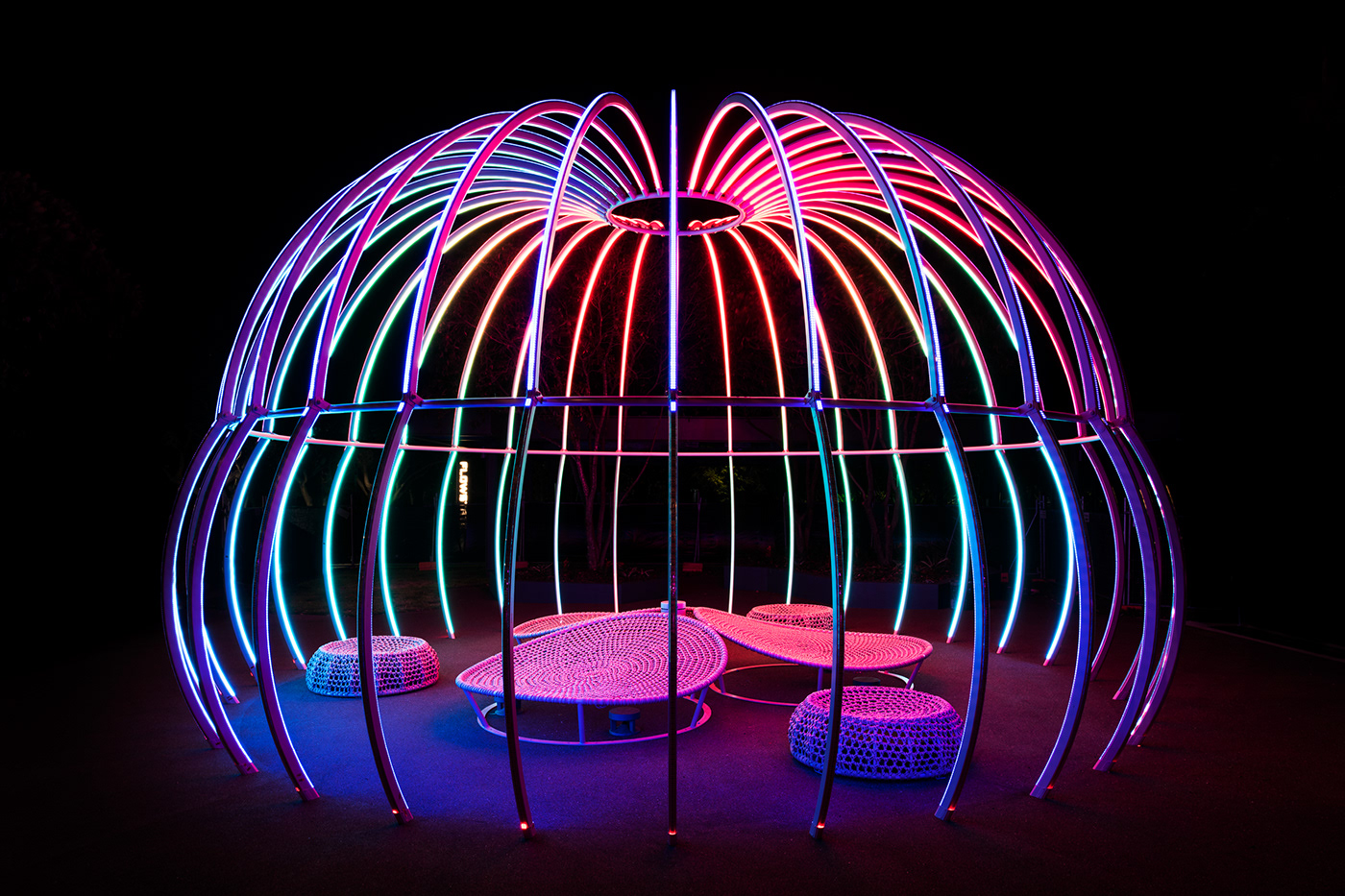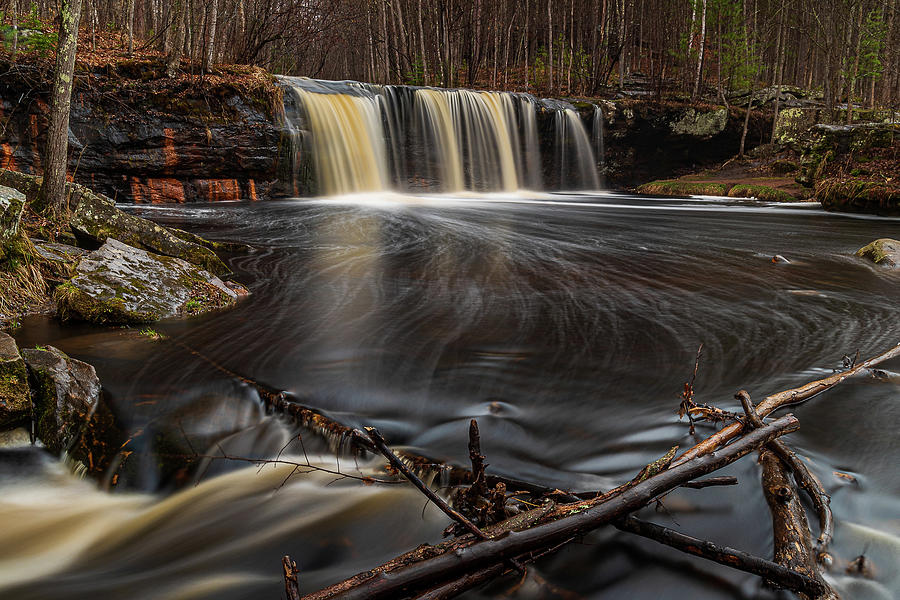
Don’t get distracted and lose this valuable opportunity! When you feel this way while working, keep doing what you’re doing. Imagine having a conversation with a close friend or partner that goes on for hours, but doesn’t feel that way. Recognize Time Transformations – Flow states seem to last forever – or pass in the blink of an eye.When you feel the bliss of a flow state coming on, choose a short, manageable goal and get it right! For example, if you’re having a rough practice session as a musician, don’t grind through difficult passages and frustrate yourself. Understand the Paradox of Control – When you’re in a flow state, you control even the most difficult nuances of an action with easy grace.Instead of mixing flow tasks with boring ones, enforce unshakeable goals to get the most of your high-productivity moments and stay in the flow. Concentrate on One Task at a Time– Don’t lose focus by multitasking.Solicit Honest and Immediate Feedback – Were you really in a flow state, or were you just over-caffeinated? Did that meeting produce as many great ideas as you thought, or did you find flaws in them the next day? Will your team’s great new plan jive with the other departments in your organization?.

As you “stack” tasks, your excitement and flow can grow exponentially! The dopamine hit you get from accomplishing a task helps you do the next, and the next, and the next. Set Clear Goals – Be aware of your accomplishments, no matter how small.Identify the tasks in which you feel the freest – those moments when “time flies.” Flow experiences arise when you take the right kinds of actions. Merge Action and Awareness – Talking about flow isn’t flow.As people rise to manageable challenges, they gain the confidence to accomplish harder and harder tasks. Balance Challenge and Skill– Choose tasks that suit your (and your employees’) talents and ability levels.The architect of the flow concept in psychology, he identified the many factors that promote to this highly-enjoyable (and profitable) mindset: #1 – Learn the Basics of Flow Scienceįlow psychology begins with Mihaly Csikszentmihalyi, the Godfather of positive psychology.

Imagine the impacts on your performance (and your team’s) if this number could be increased!įollow these steps to trigger your intrinsic motivation – even in situations where you might not expect to find your flow. Today, experts study the elements of flow, its precursors, and various flow triggers.Įxperts say only 5% of workers spend their time in a blissful, high-productivity work state. However, since the 1990s, psychologists have worked to create a precise flow definition.


Most of us have trouble putting the concept of flow state into words and use pop-culture metaphors to describe this feeling. Some people feel their psychology flow and change when working in perfect sync with their team members – or when producing independent work at a high level of quality and quantity. You might find your flow while surfing, having a deep conversation, or climbing a mountain. My hands tingle, I feel elated, and time stands still. I feel this way when I’m writing about my passions and making music. When psychologists and productivity experts talk about flow state, they mean the exciting feeling of being in the zone.


 0 kommentar(er)
0 kommentar(er)
